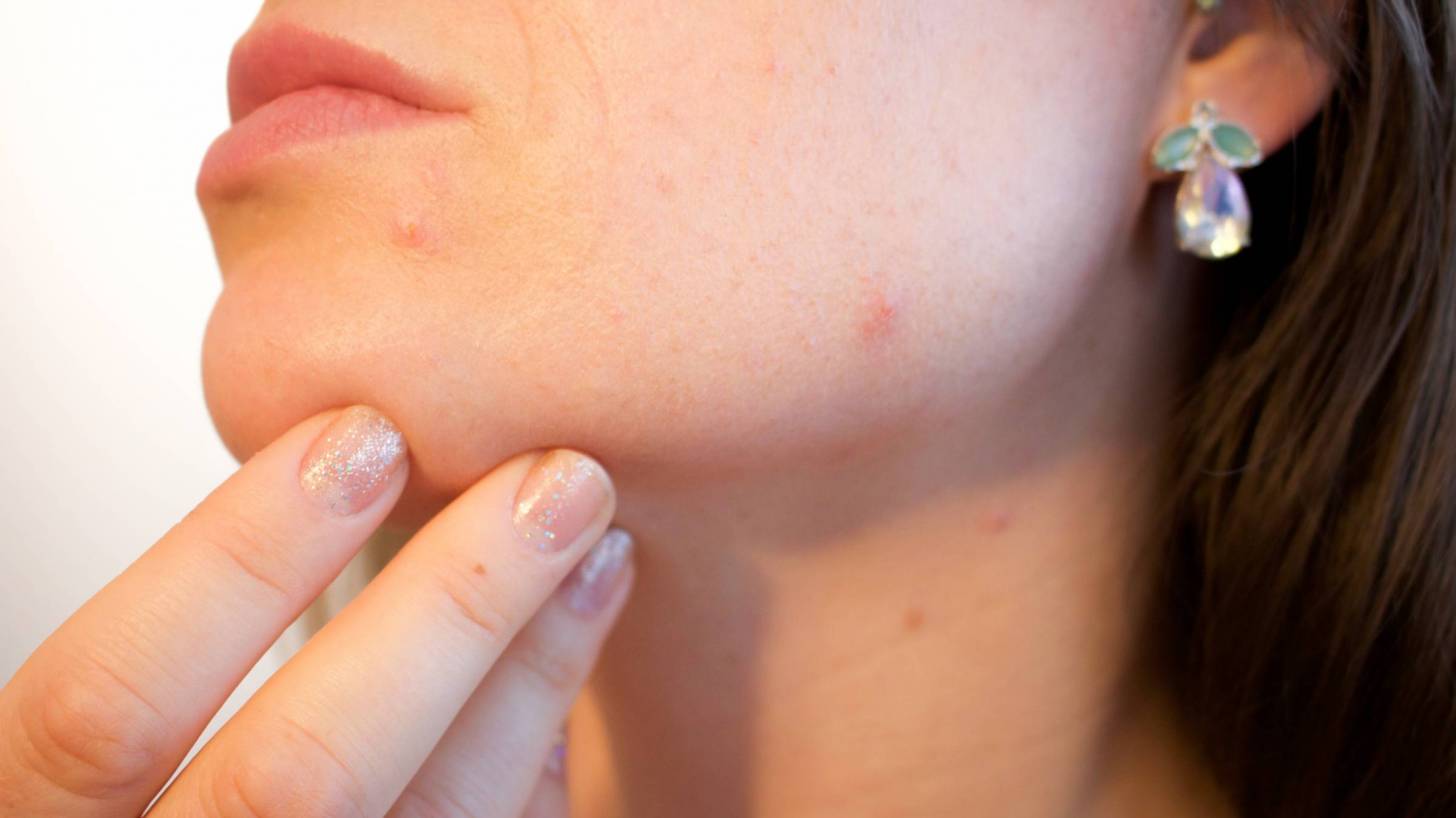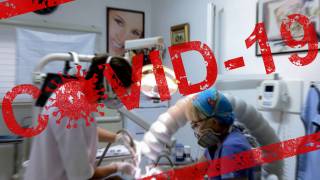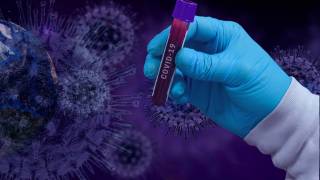Defeat “Maskne” During the Coronavirus Conflict

Since several US states have mandated the wearing of face masks to curb the spread of the SARS-CoV-2 coronavirus, a new health concern has become very visible.
According to UT Health Austin providers, wearing a face mask for extended periods can put people at the mercy of ‘maskne’.
While some of us may have thought our days of battling blemishes and breakouts were long gone, many of us have found ourselves seeking out ways to keep the maskne - acne developing around our nose and mouth at bay, announced the University of Texas at Austin blog on July 23, 2020.
“During this pandemic, maskne, or the acne results from too much face-to-skin contact with your mask. Maskne has become a problem particularly for those individuals who have to wear a face mask for longer periods,” explains dermatology specialist Adewole Adamson, M.D., MPP, in UT Health Austin’s Dermatology Clinic.
Dr. Adamson commented, ‘to help prevent maskne, wear a breathable mask. A more breathable face mask can help reduce the amount of buildup that occurs underneath.’
‘While your mask shouldn’t be loose enough to fall off your face, it also shouldn’t be tight enough to leave imprints on your cheeks. And, clean your face mask often.’
‘Oil and sweat are likely to build up underneath your face mask, so it’s important to clean your mask after each use.’
‘And get into the routine of washing your face twice a day to help remove impurities from your face that may clog your pores. The oil in your makeup can clog your pores; so, if you do choose to wear makeup, try to minimize the amount of makeup or look for products that are labeled “non-comedogenic,” or oil-free.’
“If you’re wearing your mask briefly or intermittently,” reveals Dr. Adamson, “acne usually isn’t a problem. But, other manifestations can occur from face-to-skin contact with your mask.”
“You can also experience what is called allergic contact dermatitis, which is caused by an allergic reaction to the material on your mask, or irritant contact dermatitis, which is caused by the rubbing of your mask on your face. Your skin’s defense mechanism against contact dermatitis often involves your skin creating thicker skin, which can manifest in the form of a bump or rash.”
“This can also occur in the areas around your ears.”
To help prevent irritation around the ears, alternate wearing masks. Take breaks from using masks with straps that hook behind your ears by using masks with straps that tie behind the back of your head. And modify the straps attached to your mask.
The visible signs of contact dermatitis may include dry, cracked, scaly skin, and a feeling of itchiness that you cannot control with moisturizer.
“To treat contact dermatitis,” says Dr. Adamson, “you can use a gentle moisturizer or a topical steroid, which are found in an over-the-counter cortisone cream. If neither of these makes a difference, you should make an appointment to see a dermatologist who can determine if you need a stronger prescription or if there’s something else going on with your skin that is being exacerbated by wearing a mask.”
To help prevent contact dermatitis, use a soft, cotton mask. Cotton face masks tend to be both more comfortable and breathable, minimizing irritation to your skin.
“Hand dermatitis, or eczema, can also be caused by frequent handwashing,” cautions Dr. Adamson. “Dyshidrotic eczema often occurs when an individual washes their hands more than five times a day.”
“While it’s important to practice good skin hygiene, you want to make sure you aren’t stripping your skin completely of its natural oils. To help with this, seek out a moisturizer with ceramides, hyaluronic acid, or dimethicone listed in the ingredients, and if you find that your hands are still dry after using a lotion-based moisturizer, you may want to try a thicker cream- or gel-based moisturizer.”
To help prevent hand dermatitis, apply moisturizer after washing your hands. After you wash your hands, be sure to apply moisturizer to replenish your skin’s hydration, concluded Dr. Adamson’s blog.
UT Health Austin, the group practice designed and managed by the faculty and staff of the Dell Medical School, focuses the expertise of a team of experienced medical professionals to deliver personalized, whole-person care of uncompromising quality.
CoronavirusToday publishes COVID-19 news.
Our Trust Standards: Medical Advisory Committee

























